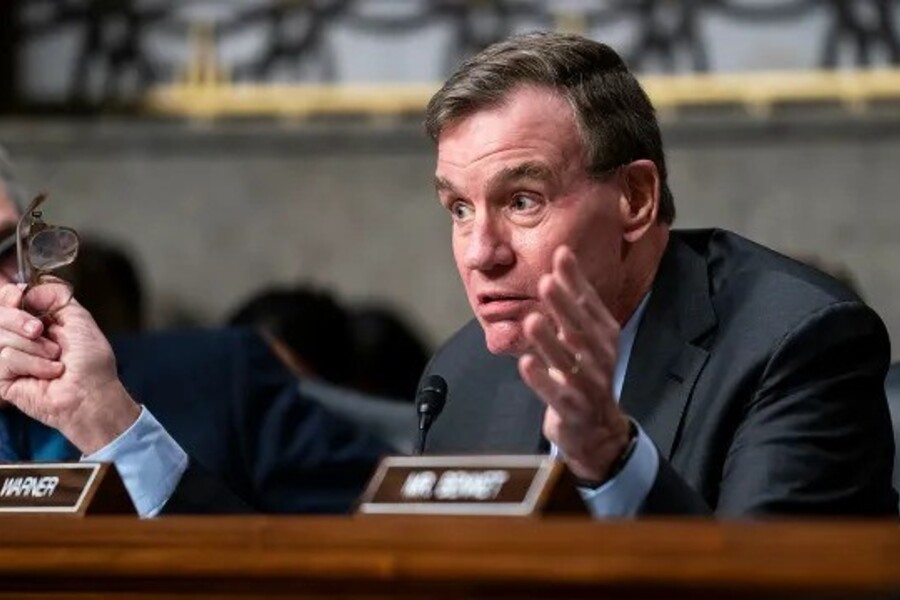Former National Security Adviser Mike Waltz is facing bipartisan backlash as he prepares for what lawmakers have described as a “brutal” confirmation hearing for his nomination to become the next United States ambassador to the United Nations. The nomination, announced by former President Donald Trump on May 1, follows Waltz’s controversial involvement in an encrypted Signal chat that discussed a classified military operation.
Waltz’s nomination comes in the wake of a national security breach in which he inadvertently included a journalist in a Signal group chat involving discussions about a U.S. military strike on Houthi rebels in Yemen. While the Trump administration has denied that any classified information was directly shared in the chat, the incident raised serious alarms in Congress and among national security experts.
The encrypted conversation reportedly involved several high-level officials from Trump’s Cabinet and White House advisers, with no one reportedly raising objections to discussing sensitive matters outside secure channels. According to Democratic lawmakers, this silence is just as concerning as the breach itself.
“I think it will be a brutal confirmation hearing,” said Sen. Mark Warner of Virginia, the ranking Democrat on the Senate Intelligence Committee, in an interview with CNN. “He’s going to face tough questions, not only from Democrats but from Republicans as well.”
Sen. Tammy Duckworth of Illinois, a member of the Senate Foreign Relations Committee — the panel responsible for vetting ambassador nominees — echoed the concerns. “He’s not qualified for the job, just by nature of the fact that he participated in this Signal chain,” Duckworth said during a CBS interview. “Everybody on that Signal chain needs to be fired.”
The Signal chain reportedly included Secretary of Defense Pete Hegseth, who has also come under fire for sharing further details of the Yemen strike in a separate Signal group with his wife, brother, and legal counsel. Warner publicly called for Hegseth’s removal, further escalating the calls for accountability within the Trump administration.
Trump has defended his decision to nominate Waltz, stating in a May 4 NBC interview that the reassignment was not disciplinary. “Mike was a — as you know, he’s a fine guy,” Trump said. “And I think he’ll do a very good job — knows the countries, knows leadership.” Speaking to reporters aboard Air Force One, Trump insisted he hadn’t lost confidence in Waltz. “I just moved him,” the former president said. “There was no resignation.”
Vice President JD Vance suggested that Waltz’s shift to the UN could even be seen as a promotion, citing his foreign policy background and global experience. The decision to pull Rep. Elise Stefanik, Trump’s previous nominee, was reportedly made due to concerns about Republicans’ narrow margin in the House of Representatives. Confirming Stefanik would have required her resignation from Congress, potentially jeopardizing party control. Waltz, having already left his congressional seat to serve under Trump, does not pose the same political risk.
The confirmation process ahead promises to be contentious. Lawmakers are expected to press Waltz on issues of judgment, information security, and fitness for a high-profile diplomatic role. His handling of the Signal chat and the administration’s muted response to the breach will likely dominate the proceedings.
Waltz, for his part, has admitted fault in the situation. Speaking to Fox News in the days following the scandal, he called the inclusion of the journalist a “mistake” and took “full responsibility” for the lapse.
As the Senate prepares to scrutinize Waltz’s record, the episode underscores ongoing concerns about digital communication security within the highest levels of government. The outcome of the confirmation process will not only determine Waltz’s future at the United Nations but may also set a broader precedent for accountability in how senior officials handle sensitive national security information.


